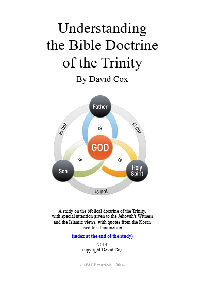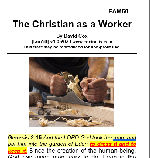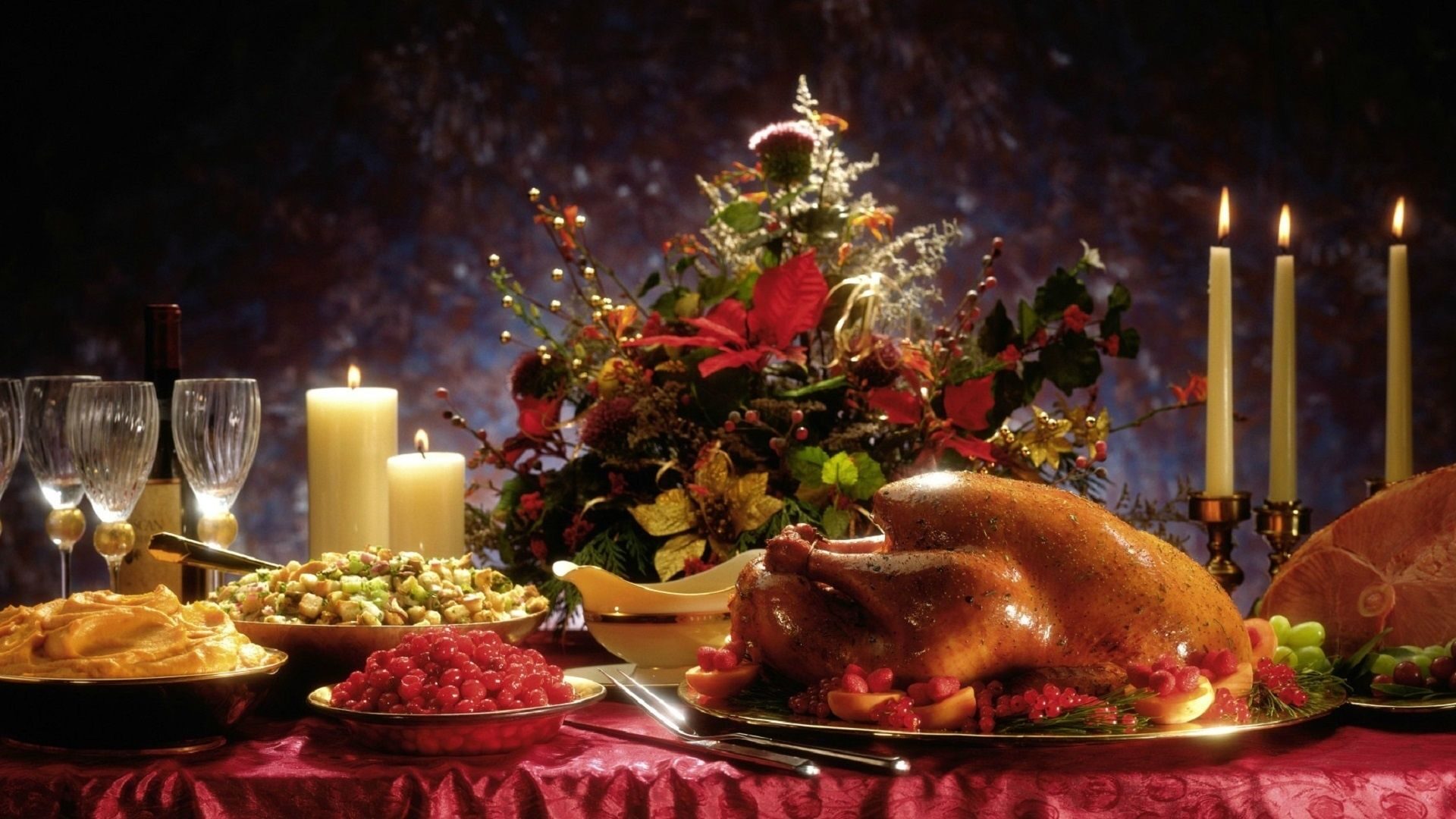Chapters on Jewish Literature
Jewish Literature
by Israel Abraham
(1899)
Israel Abrahams (1858-1925) was a leading British Jewish scholar. In 1902 Abrahams came to the United States to teach at the Jewish Theological Seminary of America. Chapters on Jewish Literature contains 25 short chapters on Jewish literature, opening with the fall of Jerusalem in 70 and ending with the death of Moses Mendelssohn in 1786.
CONTENTS of Chapters on Jewish Literature

Cox A Study on the Trinity is a short 32-page work on the Trinity with special attention applied towards Muslims and Jehovah's Witnesses. Chapters: 1. God is One Monotheism. | 2. Why God is one, but has to be three persons in that one God: Love needs three people. | 3. Other Consideration that God has to be three persons. | 4. God the Father is God | 5. Jesus is God | 6. The Holy Spirit is God. | 7. Unacceptable explanations of the Trinity. | 8 Conclusion. Alternate Download Site: Christian-kindle-library.com
Preface
1 The “Vineyard” At Jamnia Schools at Jamnia, Lydda, Usha, and Sepphoris.—The Tannaim compile the Mishnah.—Jochanan, Akiba, Meir, Judah.—Aquila.
2 Flavius Josephus And The Jewish Sibyl
3 The Talmud — The Amoraim compile the Palestinian Talmud and the Babylonian Talmud.— Representative Amoraim:
I (220-280) Palestine—Jochanan, Simon, Joshua, Simlai; Babylonia—Rab and Samuel.
II (280-320) Palestine—Ami, Assi, Abbahu, Chiya; Babylonia—Huna and Zeira
III (320-380) Babylonia—Rabba, Abayi, Rava.
IV (380-430) Babylonia—Ashi (first compilation of the Babylonian Talmud).
V and VI (430-500) Babylonia—Rabina (completion of the Babylonian Talmud).
4 The Midrash And Its Poetry — Mechilta, Sifra, Sifre, Pesikta, Tanchuma, Midrash Rabbah, Yalkut.—Proverbs.—Parables.—Fables.
5 The Letters Of The Gaonim — Representative Gaonim: Achai, Amram, Zemach, Saadiah, Sherira, Samuel, Hai.
6 The Karaitic Literature — Anan, Nahavendi, Abul-Faraj, Salman, Sahal, al-Bazir, Hassan, Japhet, Kirkisani, Judah Hadassi, Isaac Troki.
7 The New-Hebrew Piyut — Kalirian and Spanish Piyutim (Poems).—Jannai.—Kalir.
8 Saadiah Of Fayum —Translation of the Bible into Arabic.—Foundation of a Jewish Philosophy of Religion.
9 Dawn Of The Spanish Era —Chasdai Ibn Shaprut.—Menachem and Dunash, Chayuj and Janach.—Samuel the Nagid.
10 The Spanish-Jewish Poets (I) Solomon Ibn Gebirol.—”The Royal Crown.”—Moses Ibn Ezra .—Abraham Ibn Ezra.—The Biblical Commentaries of Ibn Ezra and the Kimchis.
11 Rashi And Alfassi— Nathan of Rome.—Alfassi.—Rashi.—Rashbam.
12 The Spanish-Jewish Poets (II) Jehuda Halevi.—Charizi.
13 Moses Maimonides — Maimon, Rambam—R. Moses, the son of Maimon, Maimonides.—His Yad Hachazaka and Moreh Nebuchim.—Gersonides.—Crescas.—Albo.
14 The Diffusion Of Science Provençal Translators.—The Ibn Tibbons.— Italian Translators.—Jacob Anatoli.— Kalonymos.—Scientific Literature.
15 The Diffusion Of Folk-Tales — Barlaam and Joshaphat.—The Fables of Bidpai.— Abraham Ibn Chisdai.—Berachya ha-Nakdan.— Joseph Zabara.
16 Moses Nachmanides —French and Spanish Talmudists.—The Tossafists, Asher of Speyer, Tam, Isaac of Dompaire, Baruch of Ratisbon, Perez of Corbeil.— Nachmanides’ Commentary on the Pentateuch.— Public controversies between Jews and Christians.
17 The Zohar And Later Mysticism — Kabbala.—The Bahir.—Abulafia.—Moses of Leon.— The Zohar.—Isaac Lurya.—Isaiah Hurwitz.— Christian Kabbalists.—The Chassidim.
18 Italian Jewish Poetry — Immanuel and Dante.—The Machberoth.—Judah Romano.— Kalonymos.—The Eben Bochan.—Moses Rieti.—Messer Leon.
19 Ethical Literature — Bachya Ibn Pekuda.—Choboth ha-Lebaboth.—Sefer ha-Chassidim.— Rokeach.—Yedaiah Bedaressi’s Bechinath Olam.—Isaac Aboab’s Menorath ha-Maor.—Ibn Chabib’s “Eye of Jacob.”—Zevaoth, or Ethical Wills.— Joseph Ibn Caspi.—Solomon Alami.
20 Travellers’ Tales — Eldad the Danite.—Benjamin of Tudela.—Petachiah of Ratisbon.— Esthori Parchi.—Abraham Farissol.—David Reubeni and Molcho.— Antonio de Montesinos and Manasseh ben Israel.—Tobiah Cohen.— Wessely.
21 Historians And Chroniclers — Order of the Tannaim and Amoraim.—Achimaaz.—Abraham Ibn Daud.— Josippon.—Historical Elegies, or Selichoth.—Memorial Books.— Abraham Zacuto.—Elijah Kapsali.—Usque.—Ibn Verga.—Joseph Cohen.— David Gans.—Gedaliah Ibn Yachya.—Azariah di Rossi.
22 Isaac Abarbanel — Abarbanel’s Philosophy and Biblical Commentaries.—Elias Levita.— Zeëna u-Reëna.—Moses Alshech.—The Biur.
23 The Shulchan Aruch — Asheri’s Arba Turim.—Chiddushim and Teshuboth.—Solomon ben Adereth.— Meir of Rothenburg.—Sheshet and Duran.—Moses and Judah Minz.— Jacob Weil, Israel Isserlein, Maharil.—David Abi Zimra.—Joseph Karo.— Jair Bacharach.—Chacham Zevi.—Jacob Emden.—Ezekiel Landau.
24 Amsterdam In The Seventeenth Century — Manasseh ben Israel.—Baruch Spinoza.—The Drama in Hebrew.— Moses Zacut, Joseph Felix Penso, Moses Chayim Luzzatto.
25 Moses Mendelssohn — Mendelssohn’s German Translation of the Bible.—Phædo.— Jerusalem.—Lessing’s Nathan the Wise.
Preface1 The “Vineyard” At Jamnia Schools at Jamnia, Lydda, Usha, and Sepphoris.—The Tannaim compile the Mishnah.—Jochanan, Akiba, Meir, Judah.—Aquila.2 Flavius Josephus And The Jewish Sibyl3 The TalmudThe Amoraim compile the Palestinian Talmud and the Babylonian Talmud.— Representative Amoraim: I (220-280) Palestine—Jochanan, Simon, Joshua, Simlai; Babylonia—Rab and Samuel. II (280-320) Palestine—Ami, Assi, Abbahu, Chiya; Babylonia—Huna and Zeira III (320-380) Babylonia—Rabba, Abayi, Rava. IV (380-430) Babylonia—Ashi (first compilation of the Babylonian Talmud). V and VI (430-500) Babylonia—Rabina (completion of the Babylonian Talmud).4 The Midrash And Its Poetry Mechilta, Sifra, Sifre, Pesikta, Tanchuma, Midrash Rabbah, Yalkut.—Proverbs.—Parables.—Fables.5 The Letters Of The Gaonim Representative Gaonim: Achai, Amram, Zemach, Saadiah, Sherira, Samuel, Hai. 6 The Karaitic Literature Anan, Nahavendi, Abul-Faraj, Salman, Sahal, al-Bazir, Hassan, Japhet, Kirkisani, Judah Hadassi, Isaac Troki.7 The New-Hebrew Piyut Kalirian and Spanish Piyutim (Poems).—Jannai.—Kalir. 8 Saadiah Of Fayum Translation of the Bible into Arabic.—Foundation of a Jewish Philosophy of Religion. 9 Dawn Of The Spanish Era Chasdai Ibn Shaprut.—Menachem and Dunash, Chayuj and Janach.—Samuel the Nagid. 10 The Spanish-Jewish Poets (I) Solomon Ibn Gebirol.—”The Royal Crown.”—Moses Ibn Ezra .—Abraham Ibn Ezra.—The Biblical Commentaries of Ibn Ezra and the Kimchis.11 Rashi And Alfassi Nathan of Rome.—Alfassi.—Rashi.—Rashbam. 12 The Spanish-Jewish Poets (II) Jehuda Halevi.—Charizi. 13 Moses Maimonides Maimon, Rambam—R. Moses, the son of Maimon, Maimonides.—His Yad Hachazaka and Moreh Nebuchim.—Gersonides.—Crescas.—Albo.14 The Diffusion Of Science Provençal Translators.—The Ibn Tibbons.— Italian Translators.—Jacob Anatoli.— Kalonymos.—Scientific Literature. 15 The Diffusion Of Folk-Tales Barlaam and Joshaphat.—The Fables of Bidpai.— Abraham Ibn Chisdai.—Berachya ha-Nakdan.— Joseph Zabara. 16 Moses Nachmanides French and Spanish Talmudists.—The Tossafists, Asher of Speyer, Tam, Isaac of Dompaire, Baruch of Ratisbon, Perez of Corbeil.— Nachmanides’ Commentary on the Pentateuch.— Public controversies between Jews and Christians. 17 The Zohar And Later Mysticism Kabbala.—The Bahir.—Abulafia.—Moses of Leon.— The Zohar.—Isaac Lurya.—Isaiah Hurwitz.— Christian Kabbalists.—The Chassidim. 18 Italian Jewish Poetry Immanuel and Dante.—The Machberoth.—Judah Romano.— Kalonymos.—The Eben Bochan.—Moses Rieti.—Messer Leon. 19 Ethical Literature Bachya Ibn Pekuda.—Choboth ha-Lebaboth.—Sefer ha-Chassidim.— Rokeach.—Yedaiah Bedaressi’s Bechinath Olam.—Isaac Aboab’s Menorath ha-Maor.—Ibn Chabib’s “Eye of Jacob.”—Zevaoth, or Ethical Wills.— Joseph Ibn Caspi.—Solomon Alami. 20 Travellers’ Tales Eldad the Danite.—Benjamin of Tudela.—Petachiah of Ratisbon.— Esthori Parchi.—Abraham Farissol.—David Reubeni and Molcho.— Antonio de Montesinos and Manasseh ben Israel.—Tobiah Cohen.— Wessely. 21 Historians And Chroniclers Order of the Tannaim and Amoraim.—Achimaaz.—Abraham Ibn Daud.— Josippon.—Historical Elegies, or Selichoth.—Memorial Books.— Abraham Zacuto.—Elijah Kapsali.—Usque.—Ibn Verga.—Joseph Cohen.— David Gans.—Gedaliah Ibn Yachya.—Azariah di Rossi. 22 Isaac Abarbanel Abarbanel’s Philosophy and Biblical Commentaries.—Elias Levita.— Zeëna u-Reëna.—Moses Alshech.—The Biur. 23 The Shulchan Aruch Asheri’s Arba Turim.—Chiddushim and Teshuboth.—Solomon ben Adereth.— Meir of Rothenburg.—Sheshet and Duran.—Moses and Judah Minz.— Jacob Weil, Israel Isserlein, Maharil.—David Abi Zimra.—Joseph Karo.— Jair Bacharach.—Chacham Zevi.—Jacob Emden.—Ezekiel Landau. 24 Amsterdam In The Seventeenth Century Manasseh ben Israel.—Baruch Spinoza.—The Drama in Hebrew.— Moses Zacut, Joseph Felix Penso, Moses Chayim Luzzatto. 25 Moses Mendelssohn Mendelssohn’s German Translation of the Bible.—Phædo.— Jerusalem.—Lessing’s Nathan the Wise.
Download
Abelson - Jewish Mysticism (285 downloads ) [Download not found]More on Jewish History
- Mauro, P. – The Hope of Israel: What Is It?
- Dubnow Jewish History
- Allen Judah’s Sceptre Joseph’s Birthright
- Abrahams, I.– Chapters on Jewish Literature
- Abrahams, I. – Judaism
- Abbott Darius the Great
- Abbott Cyrus the Great
- Mauro, P. – The Hope of Israel: What Is It?
- Josephus, F. – Complete Works of Flavius Josephus
- Dubnow Jewish History

fam50 The Christian as a Worker examines work, work ethics, and what the Bible commands Christians concerning work.
Excerpt: Since the creation of the human being, God has given men work to do. Even in the garden, their principal work was to dress and keep (guard) the garden, their source of food. So, God wants man to be occupied (to always work). There is a saying that “idle hands are the devil's workshop.” It is certain that people do not know how to handle prosperity. Just look at the sins people get into in their retirement. In God’s eyes, they dedicate their lives at that point to things without eternal value. God knows that if man focuses on surviving, on sustaining himself and family, etc. that he is less inclined to sin and get into idle vices. Psalms 128:2 For thou shalt eat the labor of thine hands: happy shalt thou be, and it shall be well with thee. There is nothing better than working hard and enjoying the fruit of your labors.
Read the Tract fam50 The Christian as a Worker.
MySwordmodules is a website dedicate to the MySword Bible Program for Androird devices. We host MySword Modules.

Old Carpenter Tools of his Trade is an explanation of why I, Pastor-Missionary David Cox, write my own materials like tracts, books, sermons, Sunday School material, etc. We produce the material that we use in our ministry and also for evangelism.
Read the short article: Old Carpenter Tools of his Trade.
